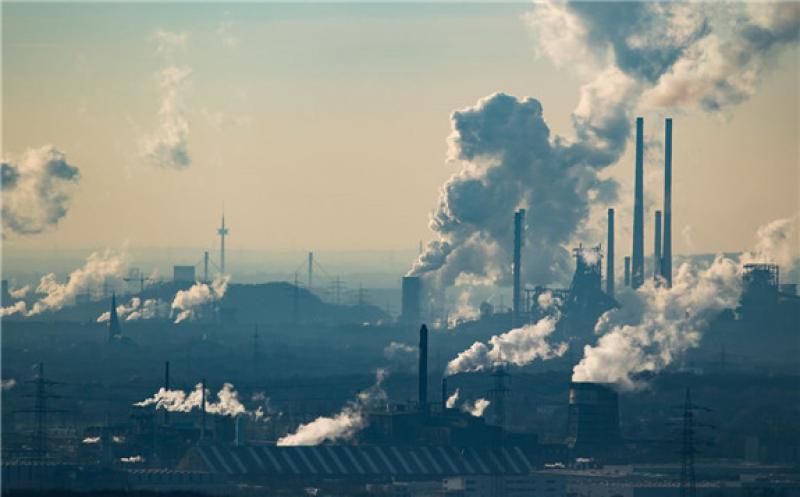Japan has submitted an update to its National Determined Contribution (NDC) to the Secretariat of the United Nations Convention on Climate Change (UNFCCC), in which the country maintains its target of reducing greenhouse gas (GHG) emissions by 26% by 2030 compared to 2013. The Japanese government intends to engage in further efforts both in the future to cut GHG emissions beyond this level, though without setting a more ambitious target.

In June 2019, the Japanese government adopted a long-term growth strategy with the aim of becoming carbon neutral by 2050. The plan, which doesn't specify a timeline for phasing out coal-fired generation, aims to promote renewables, reduce CO2 emissions from thermal power in line with the long-term coals of the Paris Agreement, promote carbon capture and storage (CCS) and carbon capture and utilization (CCU), develop hydrogen and electricity storage. The plan considers CO2 as a resource and aims to establish the first commercial CCU technology by 2023 and to use it broadly after 2030. Research will be conducted on suitable CO2 storage areas and CCS could be implemented at coal-fired power plants by 2030. CO2 could be used to produce hydrogen or raw materials. The strategy also aims to achieve a "well-to-wheel" zero emission target, by promoting electric vehicles, and to make building carbon neutral by 2050.
Japan's GHG emissions rose significantly after the Fukushima 2011 nuclear disaster, as the country shut down all its nuclear reactors and subsequently increased the use of thermal power generation. However, GHG emissions have declined significantly since the peak 2013 (1,410 MtCO2), thanks to the rapid penetration of renewables in the power generation mix (17% in 2018) and the introduction of energy-efficiency measures. According to Japan National Institute for Environmental Studies, the country’s GHG emissions declined from 1,291 MtCO2 in the financial year 2017/18 to 1,244 MtCO2 in 2018/19 (-3.6%), which is their lowest level since 1990/91. It was the fifth year in a row of decline, which was mainly driven by the increased use of renewable energies and the restart of nine nuclear reactors.